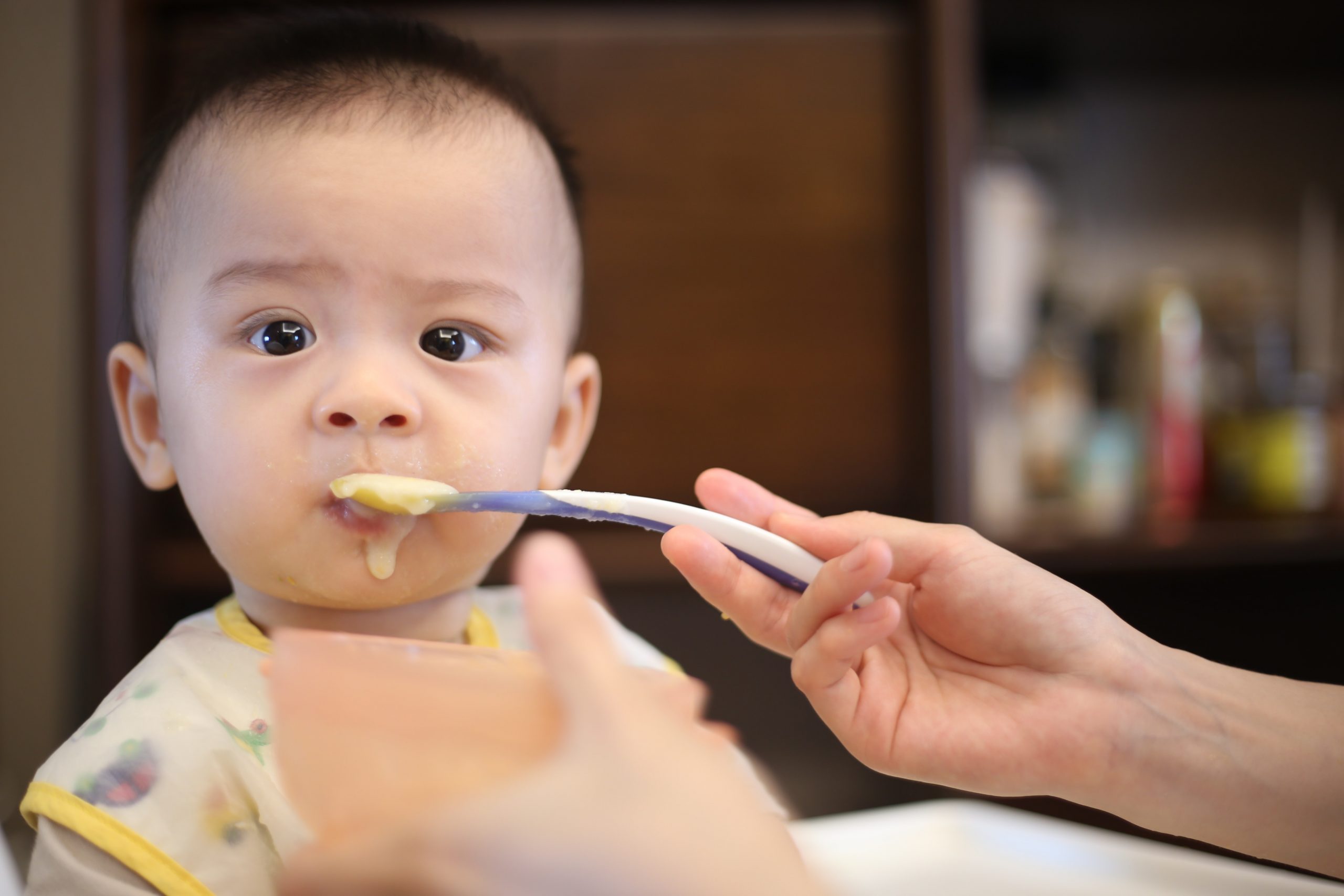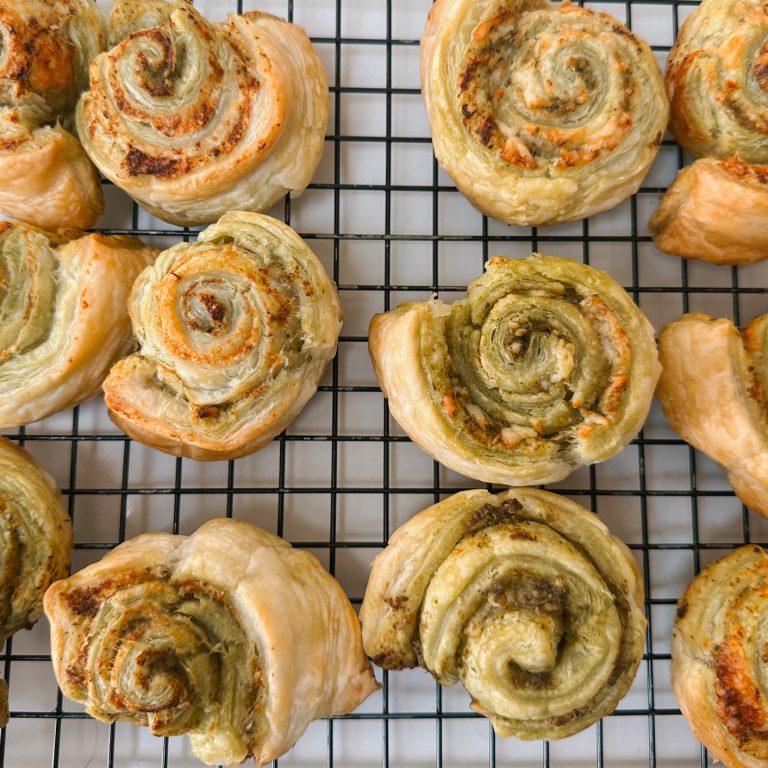A child is not a tiny copy of an adult but a constantly growing and developing body. So kids have a much higher risk of developing health problems as a result of consuming unhealthy foods than adults. In addition, the detoxification systems still need to be fully formed. In addition, a child’s body is smaller than an adult’s, so the concentration of harmful substances in the tissues can be much higher for the same portion. That, in turn, dramatically affects brain activity, the organs of the child’s body, which have not reached the stage of maturity and need proper nutrition in order to develop fully and without health problems.
Every parent wants to give their child the very best. But among the hundreds of products on the baby food market, how do you find something that will be beneficial and safe for your little one?
What are the different types of baby food?
The range of baby food is constantly expanding. However, there are three main categories:
- Infant formula
Most organic baby formulas are designed to replace breastfeeding from the first days of life. Their composition consists of fats, proteins, carbohydrates, vitamins, and trace elements in the correct ratio. But still, breast milk is the best option for the newborn, and the transition to formula feeding should be made when breastfeeding is not possible.
The formula can be specifically designed for: sensitive babies, babies with colic, babies with low weight, or for night feeding. There are also various organic options made from organic milk in European formula shop.
- Vegetable and fruit puree
Pureed fruits and vegetables become the first product the baby enjoys after the first 4-6 months of a mostly milk diet. They may have varying ingredients based on carrots, pears, apples, or plums in combination with different vegetables. Whatever the composition of the puree, it should have a natural color, smooth consistency, and a nice taste. The main thing in choosing a puree for your baby is the sufficient number of nutrients and the quality of products filled in the jar.
- Porridge
Porridge is the perfect transition from milk and purees to regular food. They come in dairy and dairy-free types and are based on different cereals. Baby porridges differ in various compositions, allowing you to choose the best product for each age group of children.

What baby food ingredients are undesirable for kids:
The diet of babies and toddlers is limited. Because of the high risk of allergies and gastrointestinal problems, it is better to exclude nuts, honey, salt, and sugar, as well as any adult foods like sausages. In addition, baby food should not have the following components:
- GMOs, preservatives, flavor enhancers, stabilizers;
- artificial flavorings, except vanilla extract;
- Spices and seasonings;
- Ingredients containing pesticides and heavy metals.
Add to this list substances to which your child reacts with a rash, upset stomach, or worsening well-being.
Sugar
A large amount of sugar in a child’s diet of any age weakens their immune system and makes it difficult for parents to feed them healthy and varied foods. Note that it may be present even in foods where you would not expect to see sugar. Some manufacturers cheat and add so-called hidden sugars to their products – sucrose, maltose, and molasses, which are unhealthy.
Artificial colors, preservatives, and nitrates
Foods containing preservatives, mainly salts, and nitrates, should be avoided in products for children under 3 years of age. The fewer different additives, the better. Various studies have shown that synthetic artificial colors can cause allergic reactions in children and adults. So, when your eye is pleased with the cheerful colors of products, look at the label, what gives them such an excellent color. And if it’s not carrots and beets, it’s better to avoid or reduce their consumption to zero. And while it’s hard to imagine foods today without preservatives, there is a way out. Just study the information on the Internet, which dyes are natural and synthetic. The choice is yours.
When buying baby food directly in the store, you should take the product and carefully review it. If you prefer to shop online, you should be sure of the quality of the goods offered. Online stores should provide you with the necessary quality certificates if you are interested in a certain product for children.











No Comments